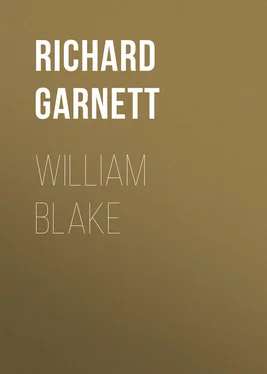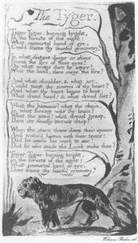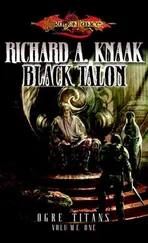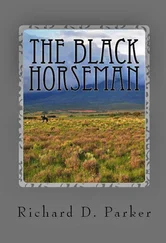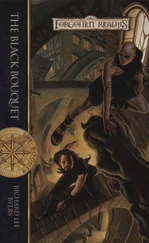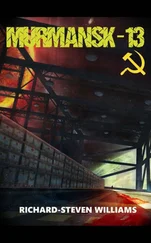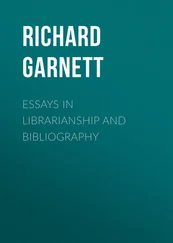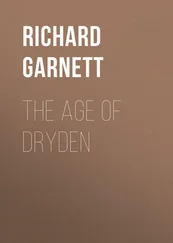Of the poems and illustrations in Songs of Innocence and Songs of Experience Gilchrist justly declares that their warp and woof are formed in one texture, and that to treat of them separately is like pulling up a daisy by the roots out of the green sward in which it springs. One essential characteristic inspires them both, and may be defined as childish fearlessness, the innocent courage of the infant who puts his hand upon the serpent and the cockatrice. Any one but Blake would have feared to publish designs and verses apparently so verging upon the trivial, and which indeed would have been trivial – and worse, affected – if the emanation of almost any other brain, or the execution of almost any other hand. Being his, their sincerity is beyond question, and they are a valuable psychological document as establishing the possibility of a man of genius and passion reaching thirty with the simplicity of a child. Hardly anything else in literature or art, unless some thought in Shakespeare, so powerfully conveys the impression of a pure elemental force, something absolutely spontaneous, innocent of all contact with and all influence from the refinements of culture. They certainly are not as a rule powerful, and contrast forcibly with the lurid and gigantic conceptions which if we did not remember that the same Dante depicted The Tower of Famine
Конец ознакомительного фрагмента.
Текст предоставлен ООО «ЛитРес».
Прочитайте эту книгу целиком, купив полную легальную версию на ЛитРес.
Безопасно оплатить книгу можно банковской картой Visa, MasterCard, Maestro, со счета мобильного телефона, с платежного терминала, в салоне МТС или Связной, через PayPal, WebMoney, Яндекс.Деньги, QIWI Кошелек, бонусными картами или другим удобным Вам способом.
November 20 has been stated as the date, but the above is shown to be correct by the horoscope drawn for November 28, 7.45 P.M. in Urania, or the Astrologer’s Chronicle , 1825, published therefore in Blake’s lifetime, and undoubtedly derived from Varley.
If, however, the “Kitty” of “I love the jocund dance” is Catherine Boucher, this poem at least must be later than 1780, unless the name has been substituted for another, as has been known to happen.
